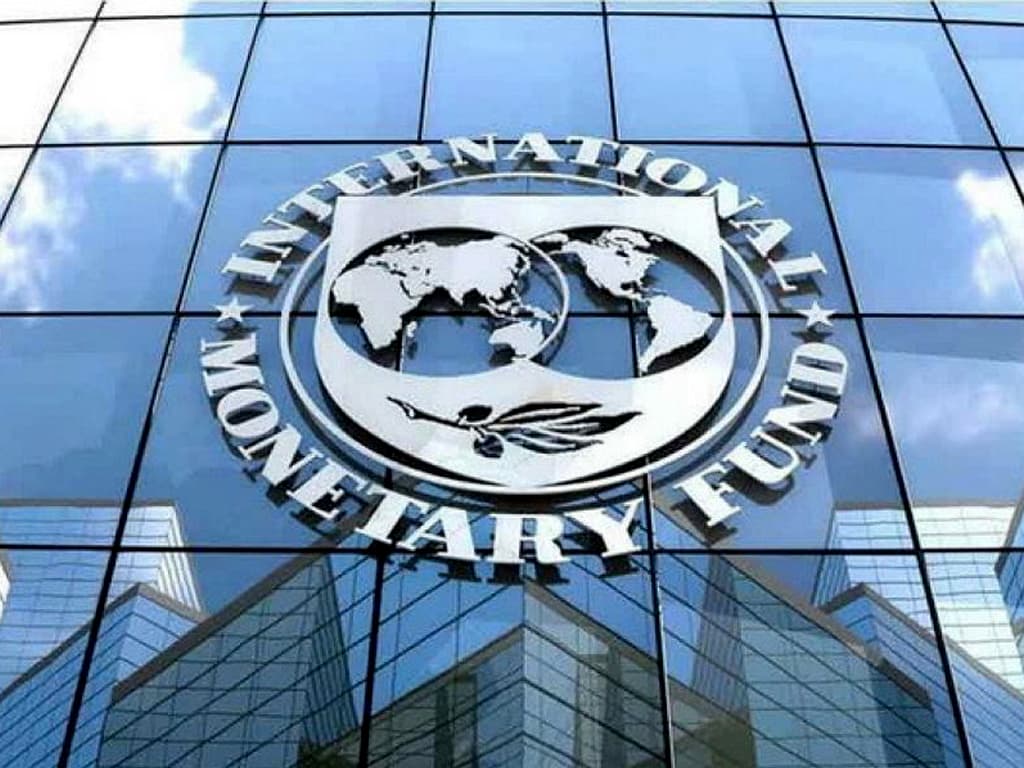Disclaimer: The views and opinions expressed by the author(s) do not represent the official position of Barbados TODAY.
By Ann Walcott
British Conservative Party stalwart, Michael Gove, strongly criticized Liz Truss’s mini-budget, saying there were “two major things” that were problematic with the plans set out by the Prime Minister and Chancellor. “The first is the sheer risk of using borrowed money to fund tax cuts. That’s not Conservative,” he said.
The International Monetary Fund (IMF) also has heavily criticized the UK Government for its planned tax cuts, saying the removal of the 45p tax rate will likely increase inequality and inflation rather than provide the growth which the administration promised would result.
Following the announcement of the mini-budget last week, the British markets went into a tailspin, with the pound falling sharply to its lowest rate ever against the U.S. dollar, interest rates spiraling upwards so the Bank of England had to jump in to restore stability in financial markets shaken by the government’s short-sighted fiscal policies, spending GBP 65 million to prop up UK Government bonds which had threatened to wipe out trillions of wealth in Pension Funds.
Immediately after going to the IMF for financing in late 2018, the Mottley administration did exactly the same thing, using borrowed money to provide huge tax cuts for corporations and those earning above $75,000 per year. In fact, it was Dr. Kevin Greenidge, the Barbadian-paid ($314,000 annually) IMF advisor, who recommended the reductions in the higher income tax rates after the Government had almost completely removed the Corporation Tax rate of 30 per cent, reducing it to 5.5 per cent or less.
I would like the IMF’s Bert van Selm, or Dr. Greenidge himself to explain to hardworking Barbadians in the lower, lower-middle and middle income groups who will be tasked in future with repaying these loans, how this policy was suitable for Barbados, but not for Great Britain? How is it that vastly reducing upper income tax rates for the wealthy will not increase inequality in Barbados – as has been happening since the switch between 1997 and 2019 from higher income tax rates to VAT and other “indirect taxes” which fall mostly on the lower income groups.
As Dr. Justin Robinson pointed out there has been pretty much no growth in the local economy since 2000, exactly coinciding with the move to transfer the bulk of tax revenue on to the lower income brackets through “indirect taxes.” Those at the top have seen growth in their wealth, but at the expense of lower paid workers who now have far less of their hard-earned income to spend and who contribute a far greater percentage of their earnings to Government coffers.
Mr. Gove’s warning that it is very risky to use borrowed money to fund tax cuts seems not to have bothered Dr. Kevin Greenidge who actually advised on these gifts for the wealthy which ultimately have to be repaid by those at the bottom, or just trying to climb the economic ladder when they recommend a raise in VAT to finance the repayments.
Subsequent to my writing the above, the British Chancellor on Monday morning announced a U-turn on the removal of the top 45p tax rate and Liz Truss agreed.
However, my question still stands – how is it very risky for the economy in Britain to borrow to fund tax cuts for the rich which according to the IMF will increase inequality and inflation, yet it was perfectly in order for the IMF team led by Dr. Greenidge to recommend Barbados going into further debt to cut taxes for those in the top brackets?
I hope Barbadians will take note that if you speak out loudly enough you can change things. Where has the Bajan spirit of the 1960s gone to question and argue with Parliamentary representatives and tell the Prime Minister she is wrong? If it can happen in Britain, we can change things here in Barbados – we need to hear the voices of the young working people who will have to pay the extra NIS contributions and work longer, paying higher rates of tax to repay the IMF money given away to the rich.
I expect to hear from the IMF representatives in Barbados as to how this policy was dangerous for the British economy, but suitable for the already heavily indebted Barbadian economy.
Ann Walcott is a veteran commentator on matters of national interest.




